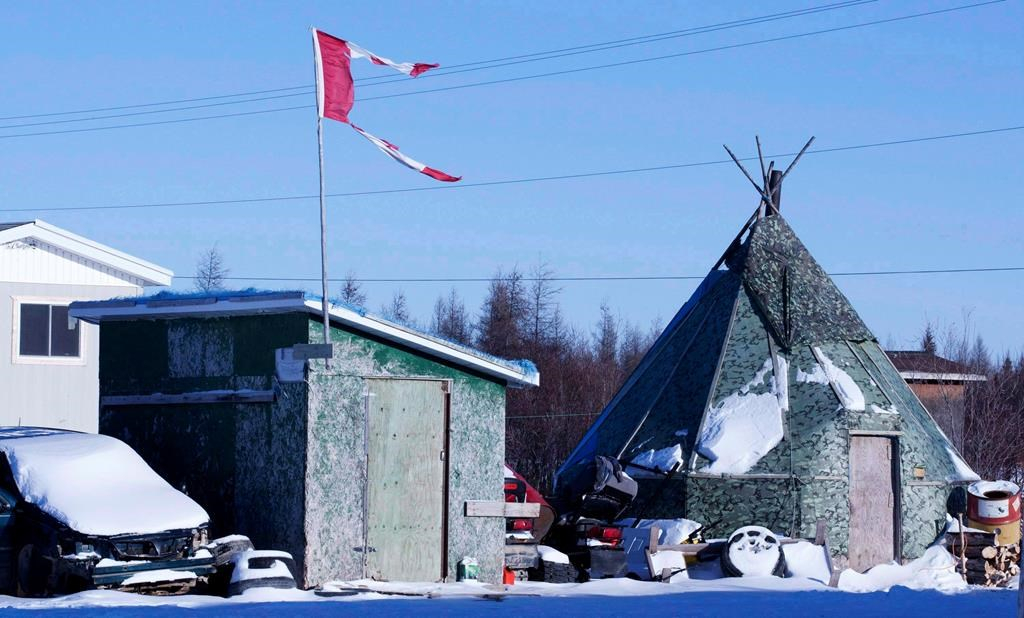After an increasing number of young people attempted to take their lives in a remote northern Ontario First Nation last week, the chief and council have declared a state of emergency.
The suicide epidemic in Attawapiskat started in the fall, when a number of people tried to kill themselves, said Jackie Hookimaw, a resident of the First Nation on James Bay.
Hookimaw's great niece Sheridan took her own life in October. She was 13 years old. Hookimaw said Sheridan had a big heart, but she was plagued with multiple health conditions and was bullied at school.
More recently, Hookimaw said, she was at the community's hospital where she saw a number of teenage girls being treated after purposefully overdosing on drugs. As she was leaving, a man came in for treatment. Later, she would learn that he, too, had tried to take his own life.
The Attawapiskat First Nation, which has been plagued by suicides for decades, is home to about 2,000 people, and Hookimaw said the community needs more resources.
She said the latest round of youth suicide attempts started with Sheridan's death.
Sheridan's peers were grieving, Hookimaw said. They didn't have the support they needed to manage their grief, so they tried to end their lives, she said.
"There's different layers of grief," she said. "There's normal grief, when somebody dies from illness or old age. And there's complicated grief, where there's severe trauma, like when somebody commits suicide."
Charlie Angus, the MP for the area and NDP indigenous affairs critic, said northern communities aren't given the resources to deal with complicated grief.
"When a young person tries to commit suicide in any suburban school, they send in the resources, they send in the emergency team. There's a standard protocol for response. The northern communities are left on their own," he said. "We don't have the mental health service dollars. We don't have the resources."
He said it's been a "rolling nightmare" of more and more suicide attempts among young people throughout the winter.
They didn't think it could get any worse than it was in March, he said. But April brought even more attempts.
It's that situation that led the Attawapiskat chief and council to declare a state of emergency on Saturday.
The designation has meant that a Nishnawabe Aski Nation crisis response unit is being sent to the community.
On Twitter, Prime Minister Justin Trudeau called the news from Attawapiskat "heartbreaking."
"We'll continue to work to improve living conditions for all indigenous peoples," Trudeau tweeted.
In an emailed response, Health Canada representative Sean Upton wrote that two mental health counsellors were being sent along with that team.
"We recognize that there are serious and long-standing issues of mental health and addiction in some First Nations communities," Upton wrote.
Upton added that Health Canada provides Attawapiskat with funding to support community services, including $340,860 for mental health and wellness programs and $9,750 for the National Aboriginal Youth Suicide Prevention Strategy.
But Angus said that often, the work of grief counselling gets left to untrained community members who are dealing with their own grief.
"It's the local cops, it's the local teachers, it's parents," he said.
And now, Hookimaw said, some of the youth are taking healing into their own hands.
Youth from Attawapiskat and neighbouring communities held a healing walk last week to create awareness, she said.
"They said, 'We will not give up, because our youth are killing themselves ... We will not be defeated.'"





Comments